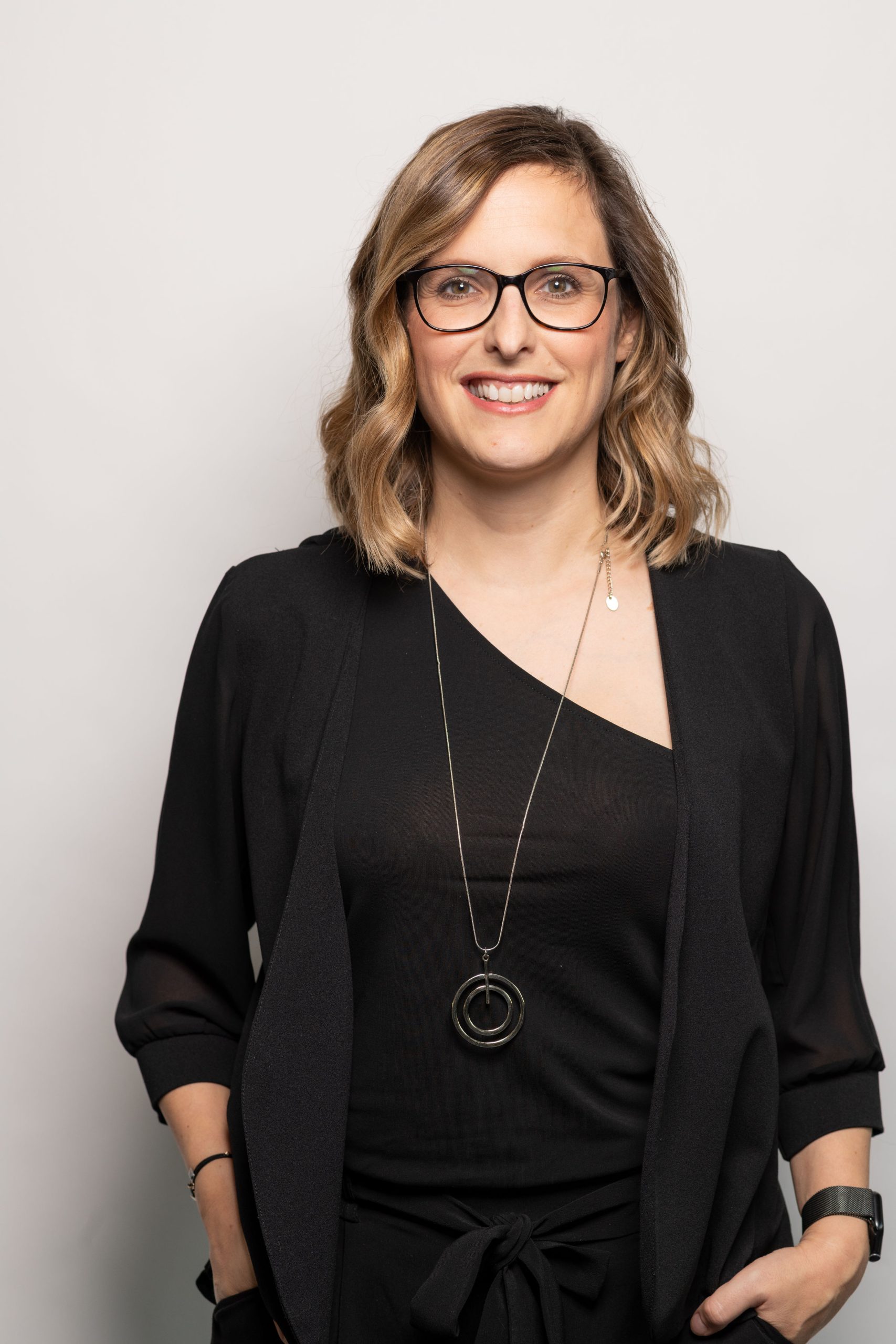International Forum on Clinical Research 2024 – Speakers
Keynote: Clinical research: the final common pathway for improved population and patient outcomes – lessons from cancer clinical trials
Elizabeth Eisenhauer, Queen’s University, Ontario, Canada
Abstract
Decades of research investment into the etiologies and drivers of human disease across many therapeutic areas has uncovered a wealth of fundamental biology which has, in turn, shaped how we prevent, diagnose, and treat those ailments. Public and academic accolades rightly focus on the laboratory science which has contributed to these advances. Less attention has been focused on the challenging, but critical, clinical research steps needed to translate observations from the lab into human impact.
This lecture will offer examples from cancer clinical trials on the key role clinical data play in advancing disease outcomes and also underscore how patients themselves have contributed to developing research questions.
Bio
Dr. Eisenhauer obtained her MD from Queen’s University Kingston, Canada in 1976 and subsequently received fellowships in Internal Medicine and Hematology from the Royal College of Physicians and Surgeons Canada.
From 1982 to 2012, she was Director of the Investigational New Drug Program of the NCIC Clinical Trials Group (now the Canadian Cancer Trials Group) where her major responsibilities lay in identifying and bringing into clinical trial novel cancer agents. Her major research interest has been the evaluation of new anti-cancer agents. In that role she coordinated over 170 phase I, II and III trials which were carried out in institutions in Canada, the US and Europe. Several of these trials have led to the identification of new cancer agents now used in clinical practice. She served as Interim Director of NCIC Clinical Trials Group from 2013-2014. In addition, she held the role of Research Lead for the Canadian Partnership Against Cancer and Co-Chair of the Canadian Cancer Research Alliance from 2007-2017.
From 2012-2017 she was Professor and Head of the Department of Oncology at Queen’s University and Cancer Program Medical Director at Kingston Health Sciences Centre in Kingston. She is currently Professor Emerita at Queen’s University and, since January 2018, the Innovation Lead at Kingston Health Sciences Centre (KHSC). In her recent work as Innovation Lead, she has been focused on creating a portfolio of opportunities for innovation and improvement at KHSC and Queen’s Faculty of Health Sciences.
She has chaired or served on numerous committees and organizations in Canada and internationally including the American Society of Clinical Oncology, the American Association of Cancer Research, the European Society of Medical Oncology and the European Organization for Research and Treatment of Cancer. From 2006-2009 she served as President, National Cancer Institute of Canada and form 2007-2017, she held the role of Research Lead for the Canadian Partnership Against Cancer and Co-Chair of the Canadian Cancer Research Alliance. She currently Chairs the Scientific Audit Committee of the European Organization for Research and Treatment of Cancer and co-Chairs the Scientific Advisory Board of the French National Cancer Institute.
For her contributions to cancer research and patient care, she has received several awards including the Queen Elizabeth II Diamond Jubilee medal, Officer of the Order of Canada, the Canada Gairdner Wightman Award, and an Honorary Doctor of Science Degree from Queen’s University.
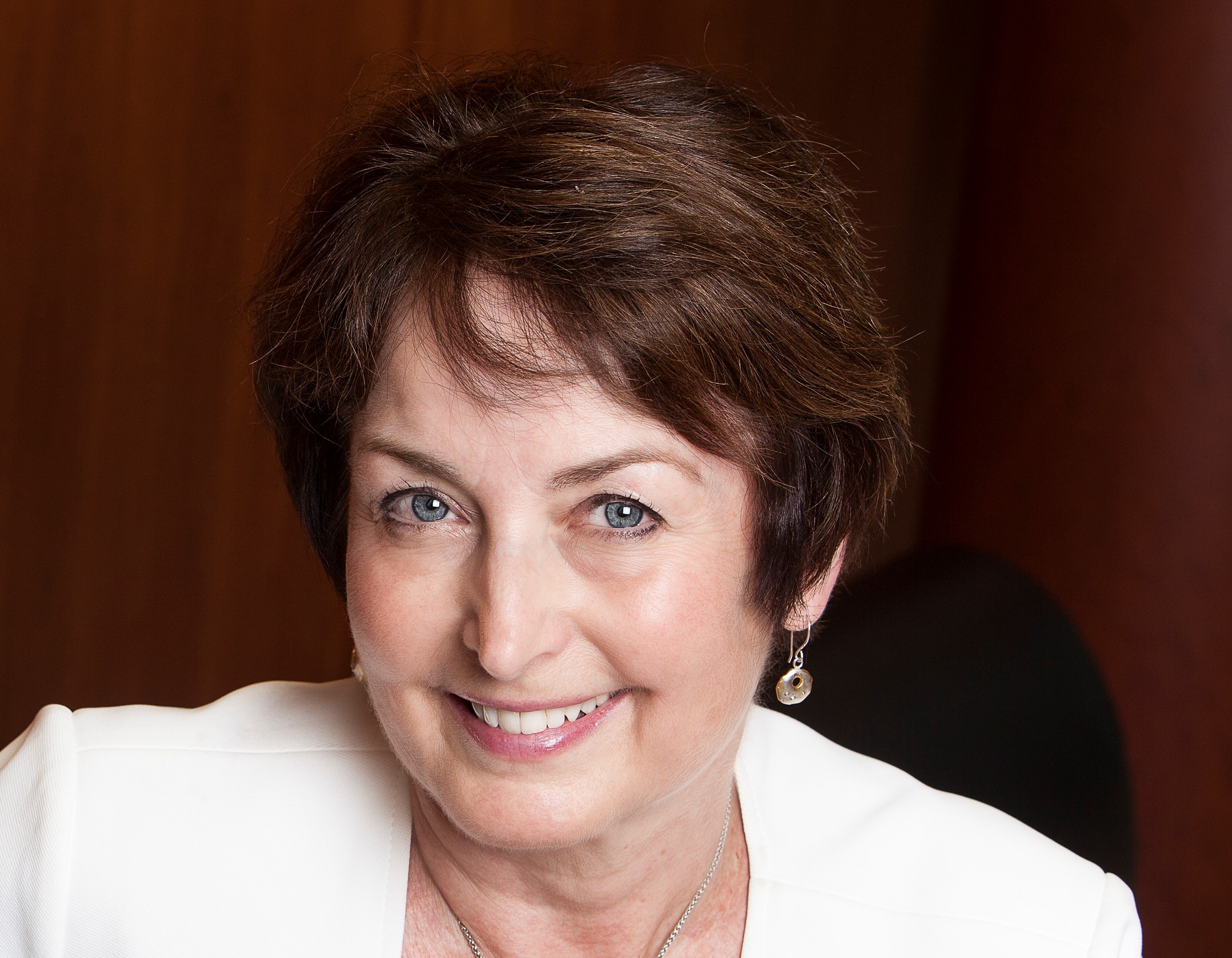
Session 1 – Excellence in Clinical Research
We shine a spotlight on Austria’s leading edge in clinical research and showcase outstanding achievements and innovative approaches driving advancements in healthcare.
Towards new standards for treating glioblastoma
Matthias Preusser, Medical University Vienna, Austria
Abstract
Glioblastoma is the most common and malignant primary brain tumor of adults. Prognosis remains poor despite multimodal therapy with surgery, radiotherapy and chemotherapy. This talk will describe current clinical trials and future avenues thriving to improve the outcome of patients with glioblastoma.
Bio
Matthias Preusser is full professor of Medical Oncology and the head of at the Division of Oncology at the Medical University of Vienna, Austria. He serves as Chair of the European Organisation for Research and Treatment of Cancer (EORTC) Brain Tumor Group and is the Past President of the European Association of Neurooncology (EANO). Dr. Preusser completed research visits at the German Cancer Research Center (DKFZ, Heidelberg, Germany) and the Memorial Sloan Kettering Cancer Center (New York, USA), is co-author of the current edition of the World Health Organisation (WHO) classification of brain tumors and has published some 450 scientific articles, mainly in the field of interdisciplinary brain tumor research. A focus of his work is on CNS metastases with published translational research, clinical trials and clinical guidelines.
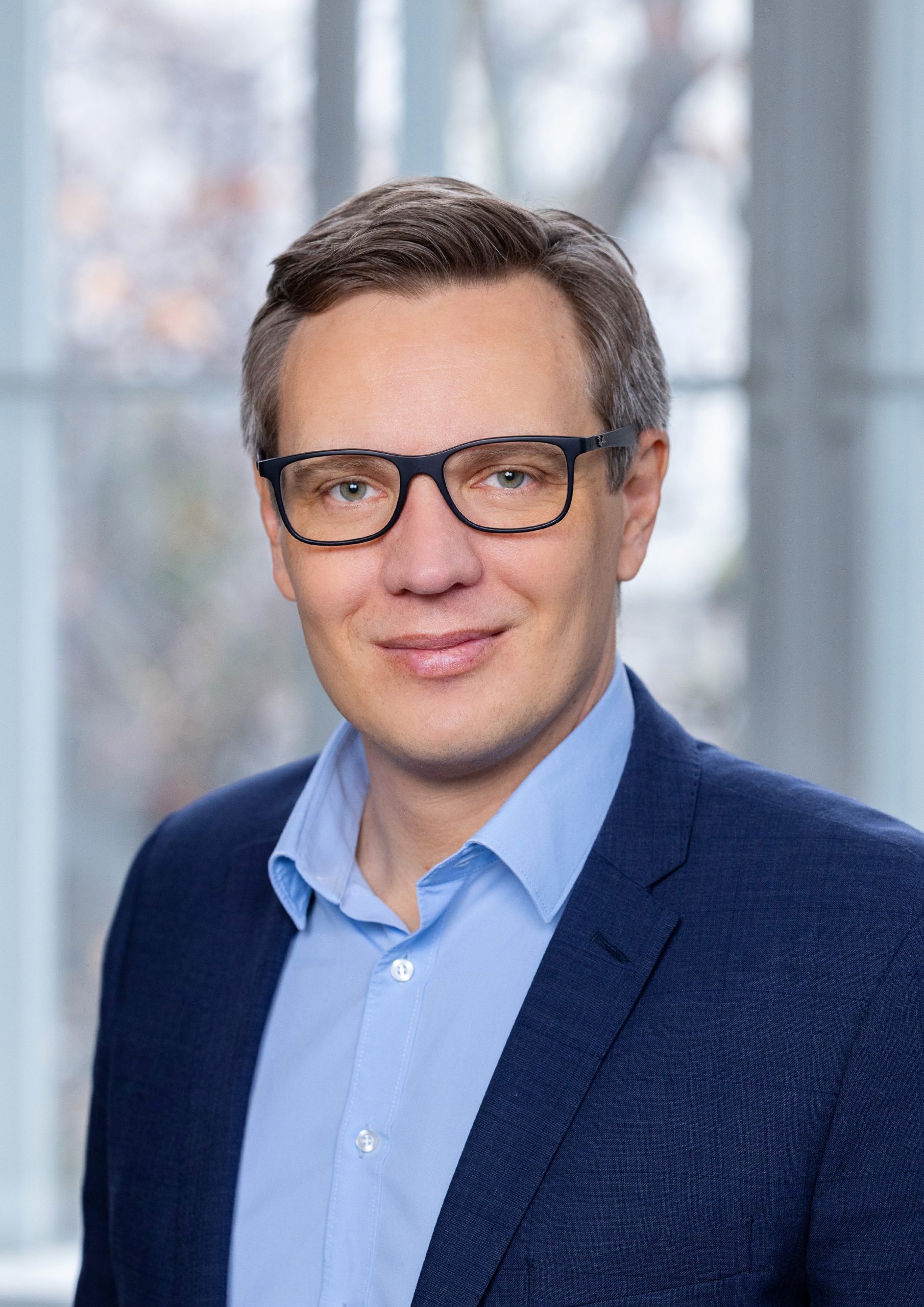
The role of metabolic processes in pediatric cardiology
Miriam Michel. Medical University Innsbruck, Austria
Abstract
Although there is a tight coupling between myocardial contractility and metabolism, the metabolic perspective on patients with congenital heart disease is very recent. Our group is focusing on metabolic processes of children and adults with complex congenital heart disease and single ventricle physiology after Fontan-surgery. Those patients reveal alterations of all organ systems incl. the metabolic system. Major metabolic disturbances point towards impaired glucose and fatty acid oxidation in the cardiomyocytes, resulting in metabolic instability and impaired energy production, similar to what is known for heart failure in patients with a biventricular circulation. Recent metabolic findings will be discussed with their implication for diagnostic, monitoring, prediction and therapeutic options in this fragile and rare patient population with single ventricle physiology.
Bio
Associate Professor Dr. Miriam Michel is a cliniclian scientist, she is a consultant pediatric cardiologist specialising in fetal cardiology and in the role of metabolic processes in children and adults with single ventricle circulation. She is currently the substitute head of the Department of Pediatrics III at the Medical University of Innsbruck, Austria.
Dr. Michel studied human medicine in Germany, France and Switzerland, and graduated in 2010, was awarded her doctoral degree in 2011 in fetal cardiology from the University of Münster, Germany, and completed her Habilitation in 2021 in the field of functional indicators in fetal and pediatric cardiology. She has been awarded national and international prices and funding, among others a funding of a one-year research fellowship at The Hospital for Sick Children, Toronto, Canada. She has published over 30 publications in the field of fetal cardiology, single ventricle circulation and metabolism.
Her clinical focus is providing an excellent cardiology service for children and adults with complex congenital heart disease, and for their families. Her clinically focused research involves fetal cardiology and metabolism-based studies on children and adults with complex congenital heart disease with a single ventricle physiology after Fontan-surgery, to better understand the unique pathophysiology of this circulation. This allows for an improved characterization with regard to the risk of later failure of the single ventricle circulation or the development of comorbidities like Fontan-associted liver disease. The ultimate goal is to tailor the surgical, catheter-based, and medical interventions to the specific needs of the individual patient and his family.
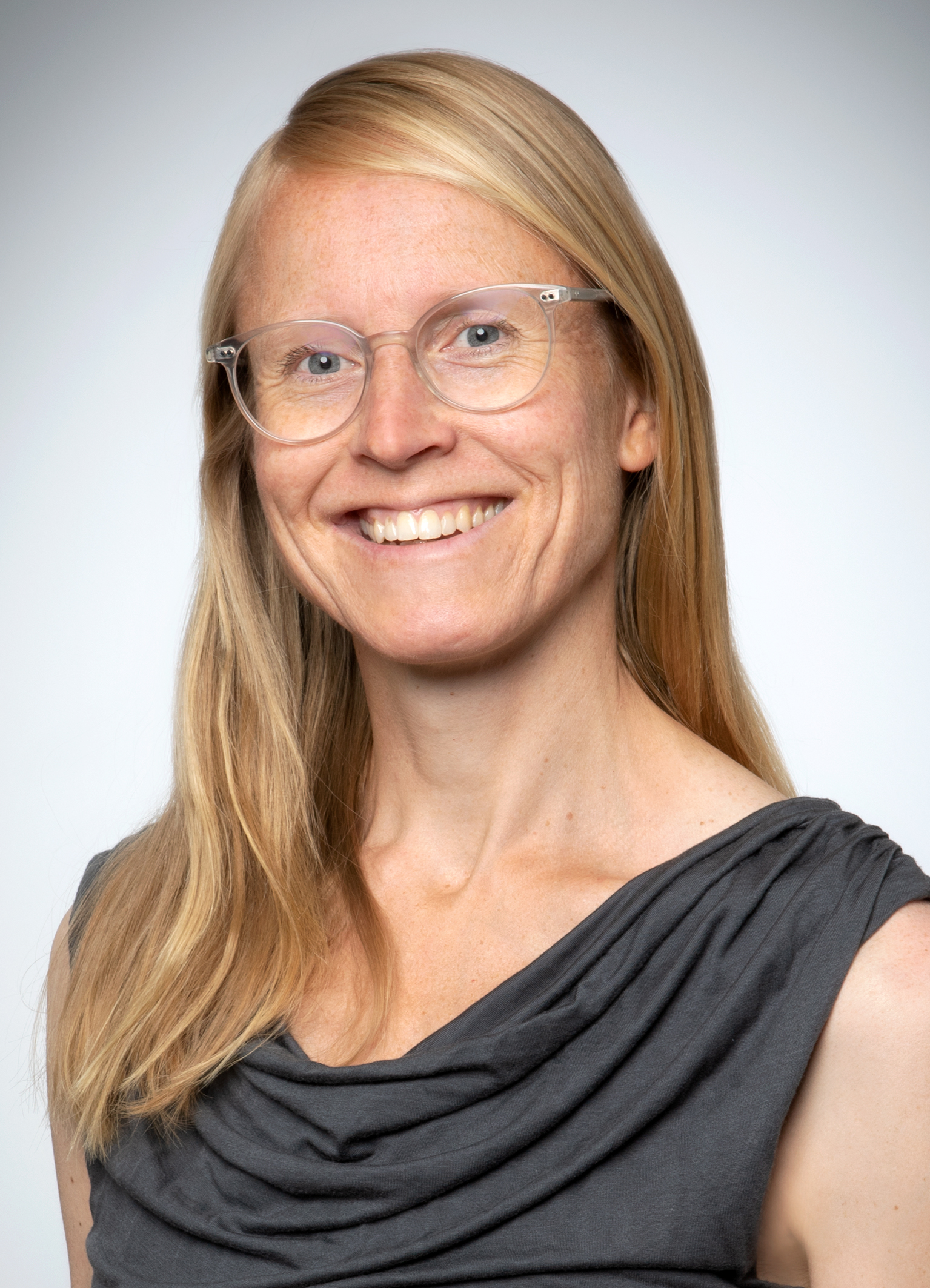
Clinical research in the development of substance-based medical devices
Nicole Unger-Manhart, Marinomed Biotech GmbH, Korneuburg, Austria
Abstract
Medical devices are a diverse group of products ranging from pacemakers, hospital beads, or stents to eyedrops and nasal sprays, so-called substance-based medical devices. They have in common that their mode-of-action is based on a physical activity. In this short presentation the clinical research for a substance-based medical device is described using Carragelose as an example for an active ingredient.
Bio
Nicole Unger-Manhart is Head of Clinical Research at Marinomed Biotech AG. She joined Marinomed in 2015 as Clinical Research Scientist and oversees the clinical development since 2017. Nicole Unger-Manhart studied Nutritional Science in Vienna and graduated in 1997. In 2000 her doctoral degree was awarded, and she completed her habilitation in 2004. Nicole Unger-Manhart has extensive experience in academic clinical research in the field of immunology and gerontology. Since 2015 she has been working in the commercial clinical development focusing on the development of medical devices and pharmaceuticals.
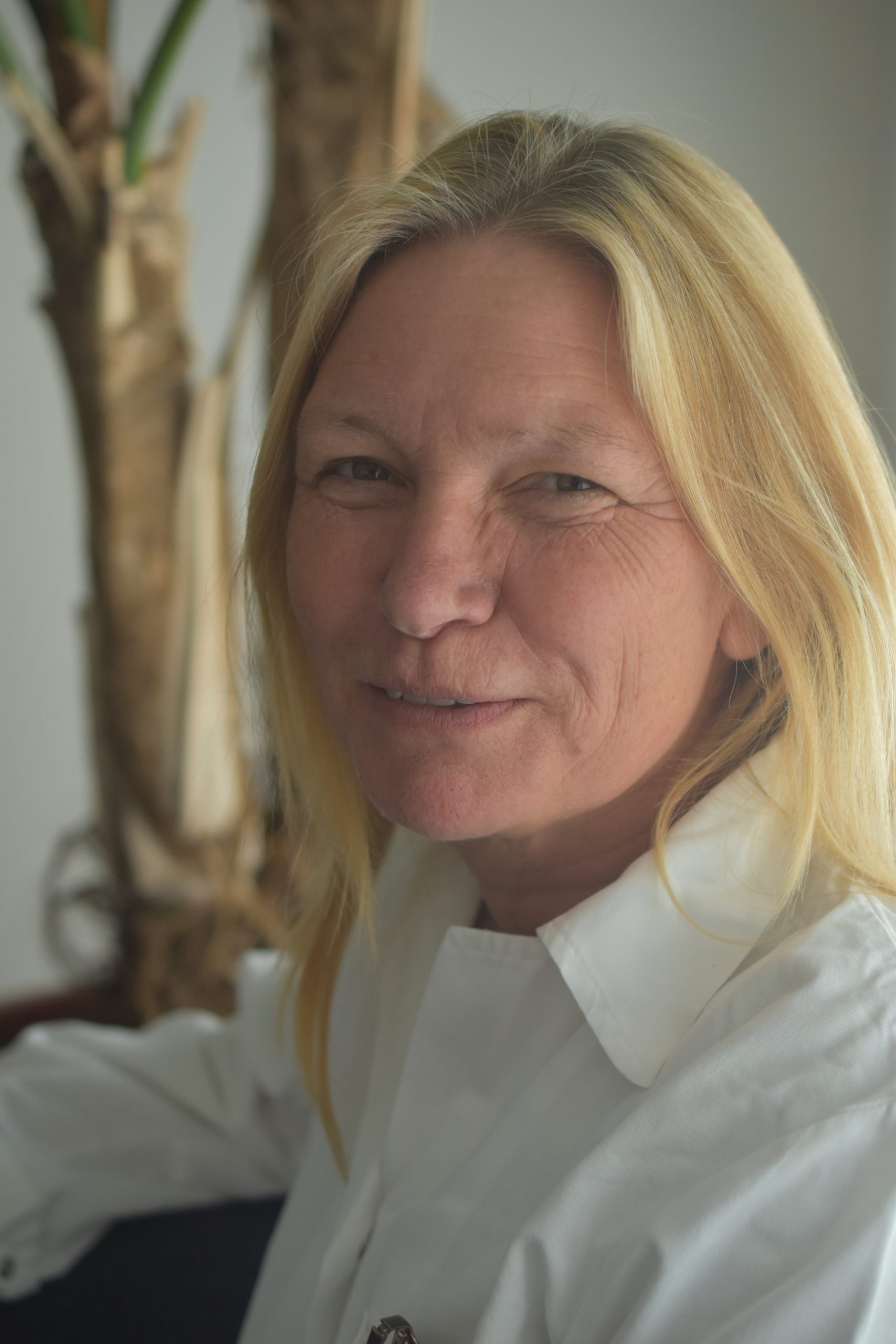
Combating viral susceptibility in preterm infants
Lukas Wisgrill, Medical University Vienna, Austria
Abstract
In preterm infants, heightened vulnerability to viral infections significantly contributes to increased morbidity and mortality, despite existing immunization strategies. Notably, many respiratory illnesses in this population stem from viruses lacking specific preventive measures, such as rhinovirus and metapneumovirus. Emerging evidence suggests a potential link between the nasal microbiome and viral illness severity in full-term neonates, indicating a similar, yet unexplored, relationship in preterm infants. Addressing this knowledge gap, the NOSE cohort study aims to delineate the interactions between host, virus, and nasal microbiome in preterm infants, uncovering novel mechanisms of viral susceptibility. Utilizing an integrative systems biology approach, encompassing advanced cross-omics and cell culture techniques, this research seeks to identify new therapeutic avenues, ultimately improving outcomes and quality of life for this high-risk group.
Bio
Lukas Wisgrill is a physician-scientist and consultant in neonatology and pediatric intensive care, with specialized expertise in the neonatal microbiome, immunology, and the impact of host-microbe interactions on the development of extremely premature infants. He studied medicine in Vienna (Austria) and Heidelberg (Germany) and finished his PhD in 2021. After a one-year research fellowship at the Karolinska Institutet (Sweden), he completed his Habilitation in 2023 in the field of early-life immunity. He published over 50 publications in the field of neonatal immunity & immunology.
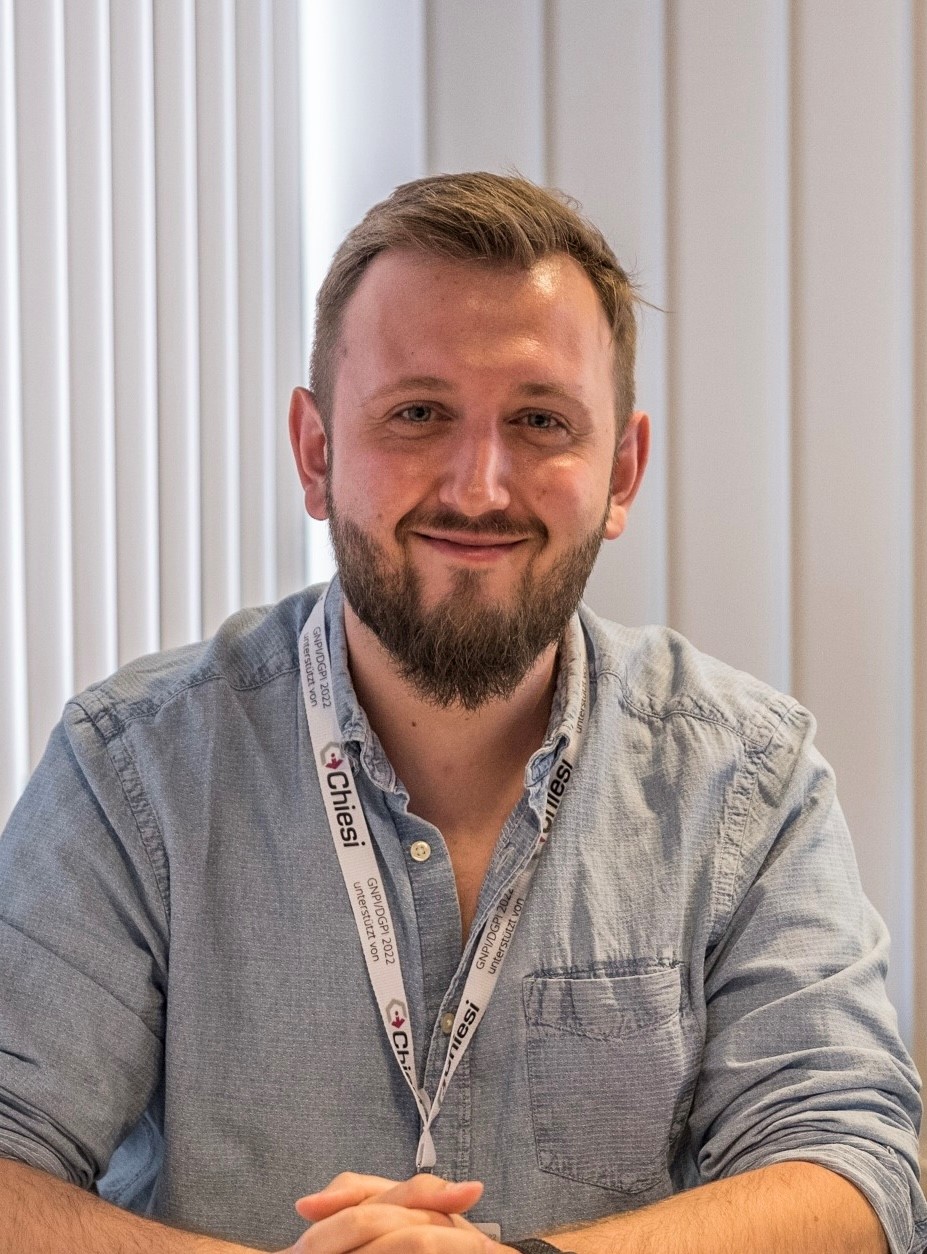
Session 2 – Decentralised and centralised clinical trials
Discover the frontier of clinical trials with both decentralised and centralised approaches. Explore thrilling first-in-human studies driven by a deep understanding of disease mechanisms.
Cause and cure – The conundrum for genetic eye disease
Mariya Moosajee, University College London, London, UK
Abstract
Genetic eye disease accounts for 60% of blindness in infants worldwide. Inherited retinal diseases are the commonest cause of sight registration in working age adults with a prevalence of 1 in 2000. These conditions are lifelong and largely incurable. Patients have two main questions at presentation; what is the cause, and and is there a cure/treatment? There is only one approved retinal gene therapy and although this has brought great hope, an unexpected complication of drug induced chorioretinal atrophy has emerged. As a clinician-scientist, cause/cure/complications form the basis of my research questions. I will describe how over the past 5 years how we have significantly increased molecular diagnostic rates through accessing the 100,000 Genomes Project and undertaking cross-species comparative analysis of transcriptomic data from the developing eyes of zebrafish, chick, mice and humans. Using a variety of disease models including induced pluripotent stem cell (iPSC) technology, we have gained insights into disease pathophysiology and developed novel therapies including the use of small molecule drugs and non-viral approaches to gene therapy. Alongside the science, I work closely with patients and families to support their goal of advancing knowledge in the field, influencing policy-making, and supporting charities to raise much needed awareness of rare diseases amongst the general public.
Bio
Professor Mariya Moosajee is a clinician scientist, she is a Consultant Ophthalmologist specialising in Genetic Eye Disease and Head of the Genetics Service at Moorfields Eye Hospital, Professor of Molecular Ophthalmology at UCL Institute of Ophthalmology, and Group Leader of Ocular Genomics and Therapeutics at the Francis Crick Institute in London. She graduated with First Class Honours in Biochemistry and Molecular Genetics in 2000, Medicine (MBBS) in 2003, and was awarded her PhD in Molecular Ophthalmology in 2009 all from Imperial College London. She has been awarded over 30 international and national prizes for her research and has over 130 peer-reviewed scientific publications. She has been named in top 100 most influential people in ophthalmology in The Ophthalmologist Power List 2022 and 2023, top most influential female figures in 2021 and in the top 10 Champions for Change in 2019.
Her clinical focus is providing a genomic ophthalmology service for children and adults affected with genetic eye disease. Her clinical research involves deep phenotyping and natural history studies on molecularly confirmed rare disease patient cohorts to understand disease progression and define outcome metrics for clinical trials. In the laboratory, she is advancing our understanding of the molecular basis of inherited retinal dystrophies, using zebrafish disease models and human induced pluripotent stem cell derived retinal organoids. This permits the identification of potential therapeutic targets for development of treatment strategies, including small molecule drugs and non-viral gene therapy. Professor Moosajee is the President of the UK Eye Genetics Group, the Past President of Women in Vision UK, and the Equality, Diversity and Inclusion (EDI) Lead for the National Institute of Health Research (NIHR) Biomedical Research Centre at Moorfields Eye Hospital and UCL Institute of Ophthalmology.
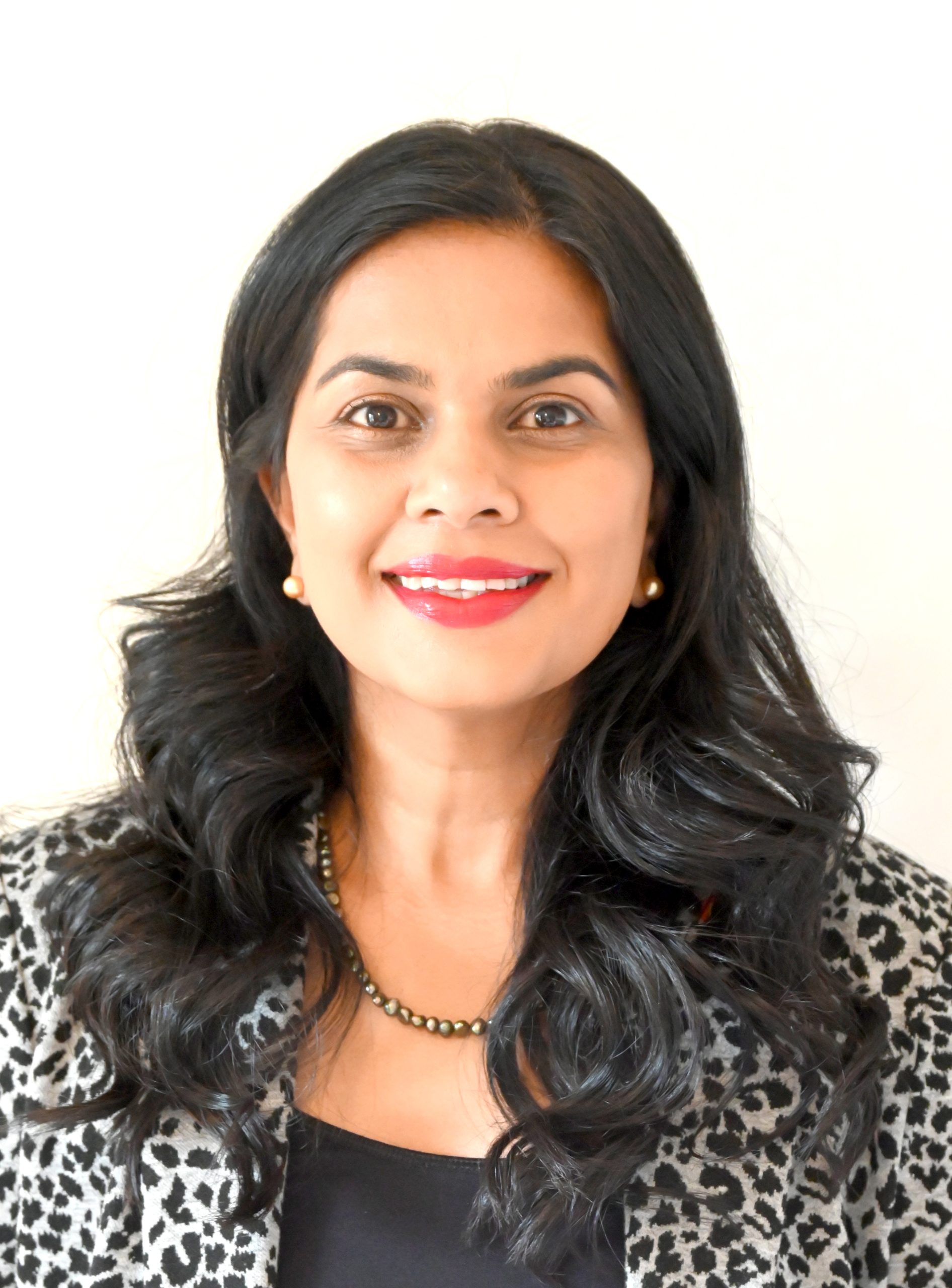
Causes and consequences of obesity: insights from genetics
Sadaf Farooqi, Cambridge University, UK
Abstract
Within an obesogenic environment, there is considerable variation in body weight. These differences in susceptibility to obesity are strongly influenced by genetic factors. Molecular and physiological studies in severely obese patients with inherited mutations have provided insights into the role of the hypothalamic leptin-melanocortin pathway in the regulation of eating behaviour and body weight. Genome wide approaches including whole exome sequencing, are leading to the discovery of new obesity genes. Discovering how genetic variation contributes to weight gain provides a framework for the development of mechanism based therapeutic strategies.
Bio
Sadaf Farooqi is a Wellcome Principal Research Fellow and Professor of Metabolism and Medicine at the University of Cambridge, UK. She is an internationally leading Clinician Scientist who has made seminal contributions to understanding the genetic and physiological mechanisms that underlie obesity and its complications. The work of Sadaf Farooqi and her colleagues has fundamentally altered the understanding of how body weight is regulated. With colleagues, she discovered and characterised the first genetic disorders that cause severe childhood obesity and established that the principal driver of obesity in these conditions was a failure of the control of appetite. Her work is often cited as an exemplar of how the translation of research into the mechanisms of disease can lead to patient benefit. She has received a number of awards including the 2024 Outstanding Clinical Investigator Award from the Endocrine Society. In 2021, she was elected as a Fellow of the Royal Society in recognition of her exceptional contribution to science.
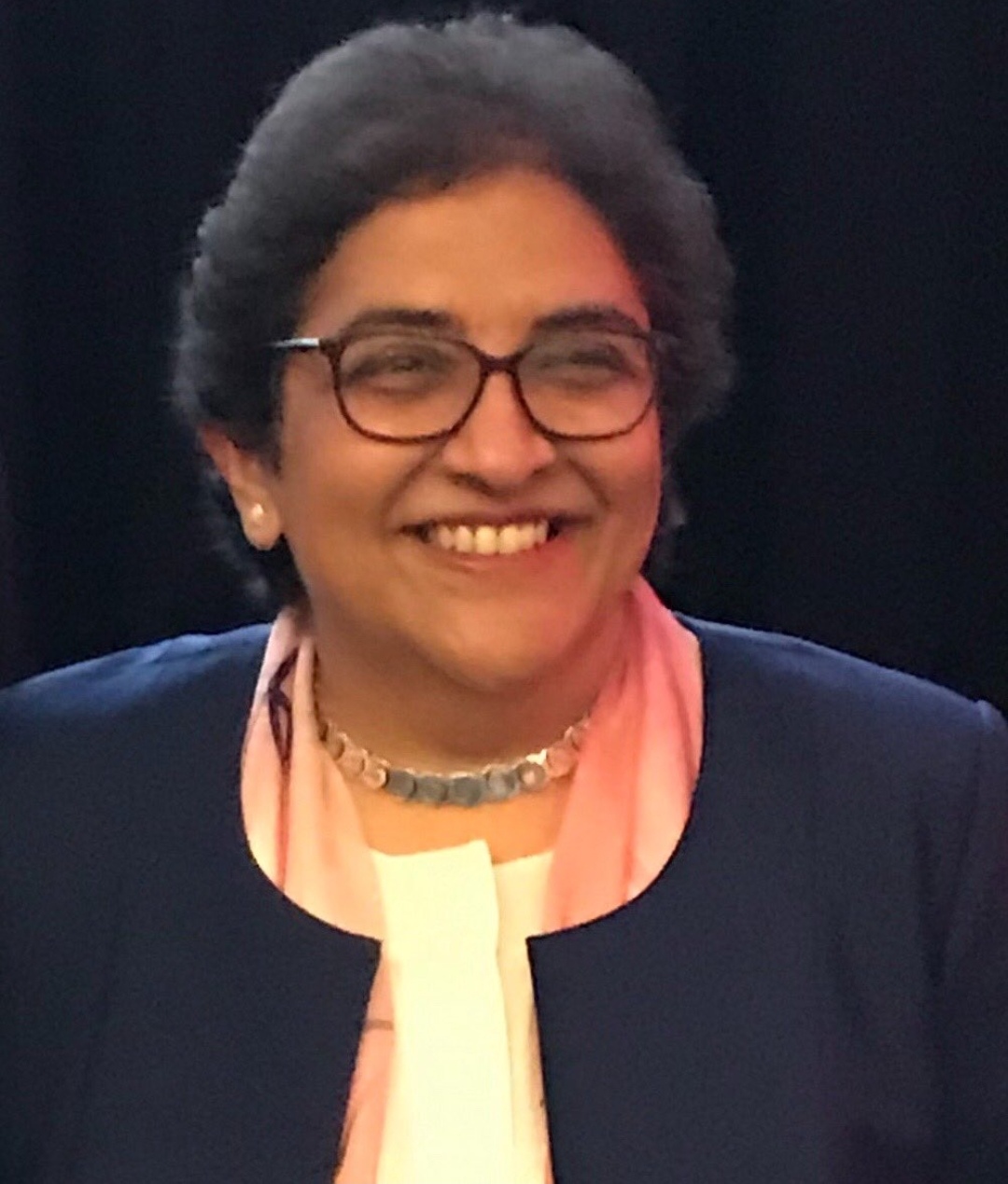
Small molecule therapy for α1-antitrypsin deficiency and the serpinopathies
David Lomas, University College London, UK
Abstract
α1-antitrypsin is the most abundant circulating proteinase inhibitor. Severe deficiency typically results from homozygous inheritance of the Z allele (Glu342Lys). We showed over 30 years ago that the Z allele caused α1-antitrypsin to undergo a conformational transition to form chains of ordered polymers that are retained as inclusions within hepatocytes in association with liver disease and cirrhosis. We subsequently showed that many mutations caused α1-antitrypsin to polymerise and that there was a genotype-phenotype relationship between the severity of the mutation and the severity of both the plasma deficiency of α1-antitrypsin and liver disease, that we can explain by the rate of polymer formation. The same process of polymerisation occurs in mutants of other serine proteinase inhibitors (serpins), most notably neuroserpin in association with neuronal inclusions that underlie a novel dementia that we termed familial encephalopathy with neuroserpin inclusion bodies or FENIB. The common mechanism has allowed us to group these conditions together as the serpinopathies. We have used our understanding of the disease process to develop orally bioavailable small molecules that bind preferentially to Z α1-antitrypsin, block polymerisation and reverse liver disease in transgenic mice. These molecules are now in clinical trials.
Bio
David is Professor of Medicine at University College London (UCL), Honorary Consultant Respiratory Physician at University College London Hospitals and the Royal Free London Hospitals and NIHR Emeritus Investigator. He was Vice Provost (Health), Head of UCL Medical School and Director of the UCL Partners AHSC from 2015-2023. He previously chaired the Respiratory Therapy Area Unit Board at GlaxoSmithKline and was Deputy CEO of the Medical Research Council (UK). David was a NED at the Royal Free London Hospitals, University College London Hospitals, the Francis Crick Institute, the Africa Health Research Institute, the British Heart Foundation, MedCity Ltd. and the Academy of Medical Sciences for various times between 2015 and 2024. His research has focused on α1-antitrypsin deficiency and COPD.
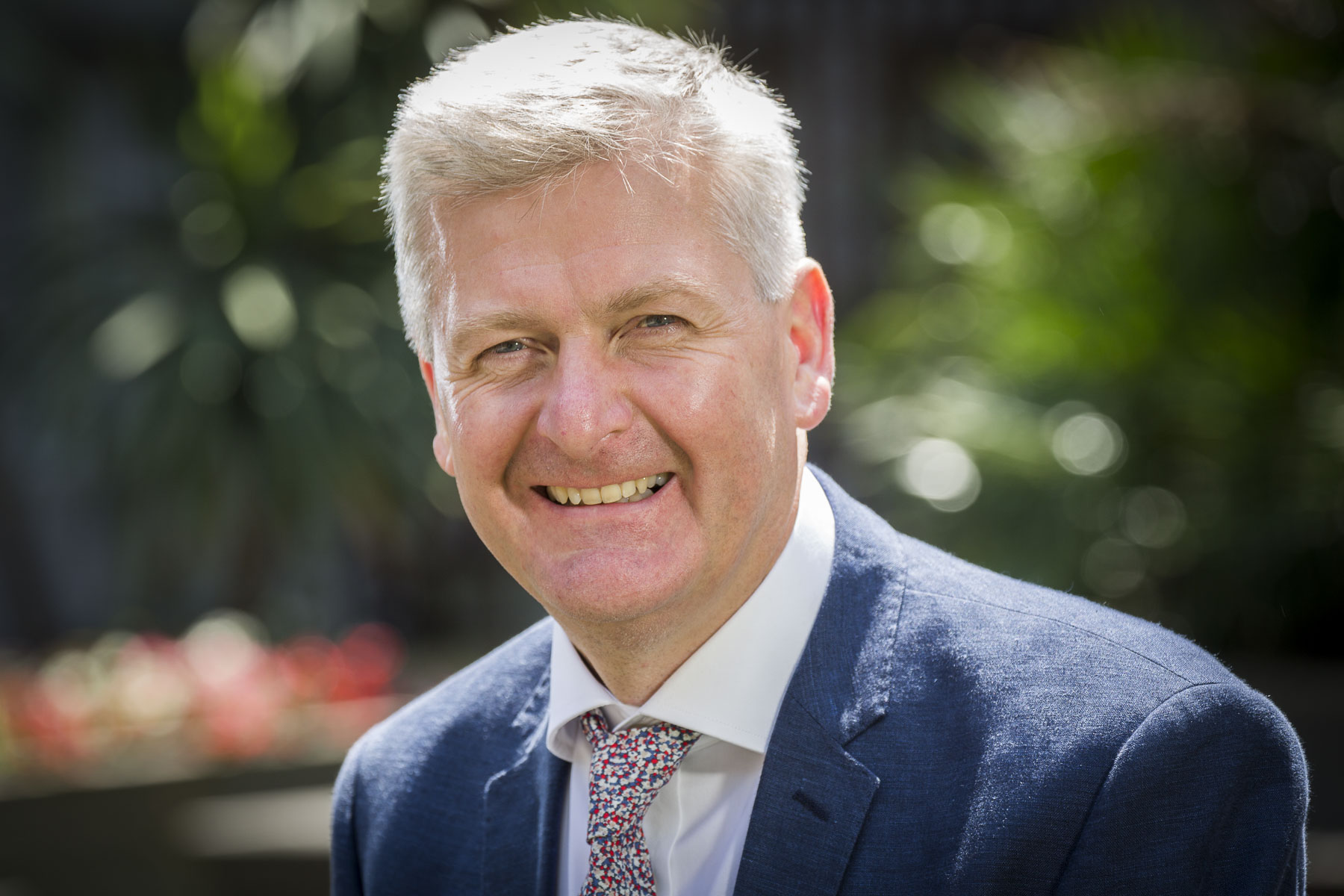
Session 3 – Public and patient involvement
Sharing the power of public and patient involvement in clinical studies. Witness firsthand how patients‘ insights shape and enhance the landscape of medical research.
Start as you mean to go on: Public involvement and engagement in clinical research
Simon Denegri, Academy of Medical Sciences, London, UK
Abstract
Patients and the public are playing an increasingly important role in the design, delivery and dissemination of clinical research in many countries. Evidence of the benefits to clinical research of public involvement and engagement is growing. Common themes are emerging as to what is good practice and new and innovative approaches being developed. This talk will bring together learning from the last two decades to examine how common challenges in public involvement and engagement can be overcome.
Bio
Simon Denegri is the Executive Director of the Academy of Medical Sciences (AMS) and Chair of the UK Clinical Research Collaboration (UKCRC) Clinical Trials Unit (CTU) Network. Prior to taking up this role at the Academy in 2019, Simon was the National Director for Patients, Carers and the Public at the National Institute for Health Research (NIHR), and Chair of INVOLVE – the national advisory group for the promotion and support of public involvement in research funded by NIHR. He was Chief Executive of the Association of Medical Research Charities (AMRC) from 2006 until 2011 and, prior to this, Director of Corporate Communications at the Royal College of Physicians from 2003. He also worked in corporate communications for Procter & Gamble in the United States from 1997 to 2000. He was awarded the OBE for services to NHS, public health and social care research in the Queen’s Birthday Honours 2018.
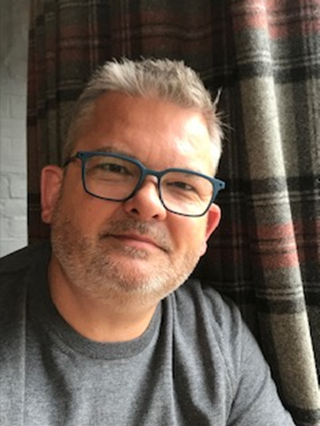
Be where participants are: Optimizing Patient Recruitment in Clinical Research through Digitalisation
Clara Puller, Probando GmbH, Graz, Austria
Abstract
Clara Puller will showcase how digital involvement with the public and patients can optimize patient recruitment in clinical research. By focusing on patient requirements, the whole recruitment process can be designed around experience optimisation. This does not only contribute to a more inclusive research, but also results in higher retention and participation rates. Probando’s vision is to create a holistic ecosystem for clinical trials with a focus on excellent user experience. The first steps in this direction have already been taken and will be presented in this session, as well as the projects planned for the future.
Bio
Clara, one of the sales experts on the Probando team, embodies confidence, determination, and integrity. She adeptly navigates challenges, consistently impressing clients with her comprehensive expertise. Clara is a dedicated team player who supports Probando with unwavering commitment. Dependable in every situation, she approaches her tasks with utmost precision and dedication, always ready to assist both clients and colleagues. Her compelling presence creates a dynamic work environment and fosters a positive atmosphere that inspires colleagues and excites clients.
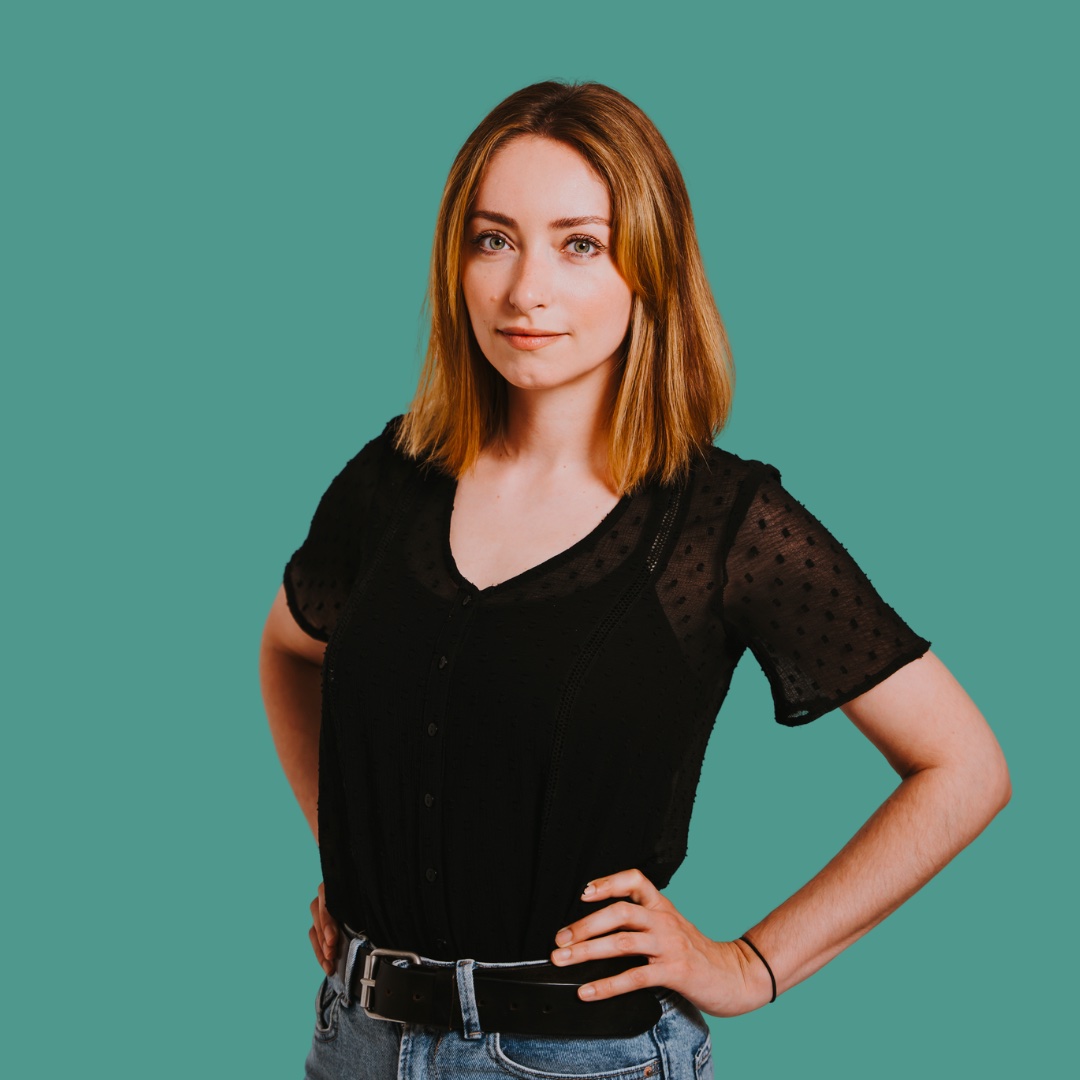
Needed cultural change to promote patient involvement in clinical research
Claas Röhl. NF (Neurofibromatose) Kinder Verein, Vienna, Austria
Abstract
Patient involvement has become a big buzzword in the last years. But meaningful patient involvement needs to go beyond tokenism. This talk aims to give an overview of reasons why patient involvement creates a win-win situation for researchers, and what steps need to be taken to allow for meaningful patient involvement and institutional readiness. Furthermore an overview over existing training and matchmaking programs will be provided.
Bio
Claas Röhl has studied communication science at the University of Vienna after graduating from an engineering school in Vienna. He specialized in advertising and public relations and worked in film production and B2B-marketing. After the diagnosis of his daughter with Neurofibromatosis Type 1, a rare genetic tumor risk syndrom, he began his path into patient advocacy. He founded the Austrian patient organization NF Kinder in December 2013. After completing several educational programs for patient representatives on a European level (such as the EUPATI patient expert training course, EURORDIS summer school & winterschool), and by continuously building a national and international network and investing in care and research infrastructures in Austria, NF Kinder managed to establish the first Austrian center of expertise for Neurofibromatosis in Austria by forming a partnership with the Medical University of Vienna. On a European level Claas Röhl continued his ambition to create a better future for people living with Neurofibromatosis by co-founding NF Patients United, a European umbrella organization for NF patient organizations.
- Patient Advocate Neurofibromatosis & Rare Diseases
- President & Founder NF Kinder Austria
- Co Founder NF Patients United
- President & Founder EUPATI Austria
- Chair ePAG group in ERN GENTURIS
- Member of REiNS group
- Registered patient expert for Neurofibromatosis at EMA
- Member of the board Pro Rare Austria
- EUPATI fellow
- EURORDIS summer school & winter school graduate
- ESO patient advocacy master class
- WECAN – Evidence based patient advocacy training course
- EUCAPA – HTA training
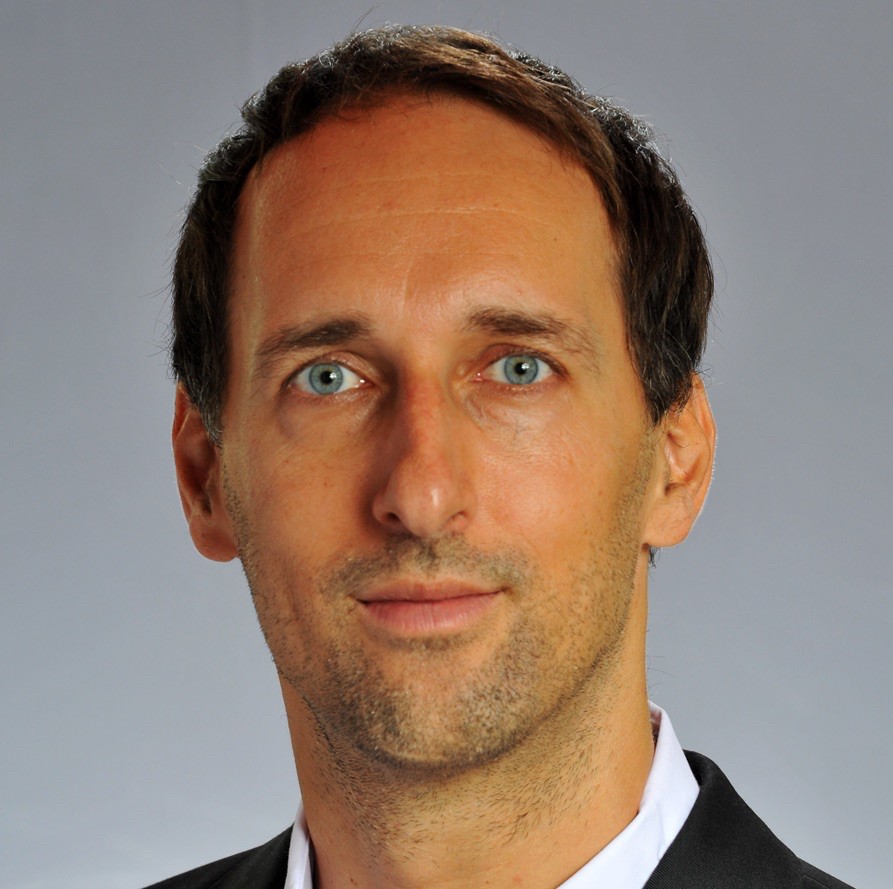
Session 4 – Sponsor driven clinical trials
Discover the frontier of clinical trials with both decentralised and centralised approaches. Explore thrilling first-in-human studies driven by a deep understanding of disease mechanisms.
Cystic Fibrosis: A model of precision medicine in rare disease
Mark Higgins, Vertex Pharmaceuticals, UK
Abstract
Outcomes for people with cystic fibrosis have been transformed in recent years. This progress has been based on the application of a targeted medicine philosophy. Building from the identification of the causative gene defects and their physiological impact, targeted medicines were developed to address the underlying cause of the disease.
The process of discovery from the gene, to the protein defect, to in-vitro drug discovery and then clinical trials and real world evidence will be discussed.
Bio
Dr Mark Higgins is a Senior Clinical Development Director at Vertex based in the UK, and program section leader, having worked in Clinical Development roles for nearly 20 years, leading 3 different products to their global approvals.
He qualified in medicine in the UK and practiced clinically before transitioning towards novel drug development. This involved commercially oriented roles and early stage development. Whilst working for Novartis, Mark led the global development and approval of a new inhaled once a day beta agonist. This program included the first ever phase 2/3 seamless adaptive design for an inhaled product. He then transitioned within Novartis to lead the global development and approval of an innovative inhaled dry powder formulation of tobramycin for the treatment of Cystic Fibrosis pulmonary infections.
Pursuing his passion for cystic fibrosis, Mark transitioned to Vertex Pharmaceuticals, initially to lead the ivacaftor program. This was the first in class of a new group of oral treatments targeting the underlying cause of CF, the Cystic Fibrosis Transmembrane Regulator Modulators. Ivacaftor was taken through a series of approvals to cover an increasing geography, an increasing number of specific mutations and younger age groups. Ivacaftor is now approved in some regions for 98 different CFTR mutations and so people with CF as young as 1 month of age. Mark has also served as the global clinical lead for Lumacaftor/Ivacaftor and Tezacaftor/Ivacaftor.
More recently he has led the early-stage cystic Fibrosis Nucleic Acid therapy approaches, specifically the inhaled mRNA program partnered with Moderna, which has progressed to a first in man study with the intent to provide a treatment option of people with CF who cannot respond to the current modulator treatment options.
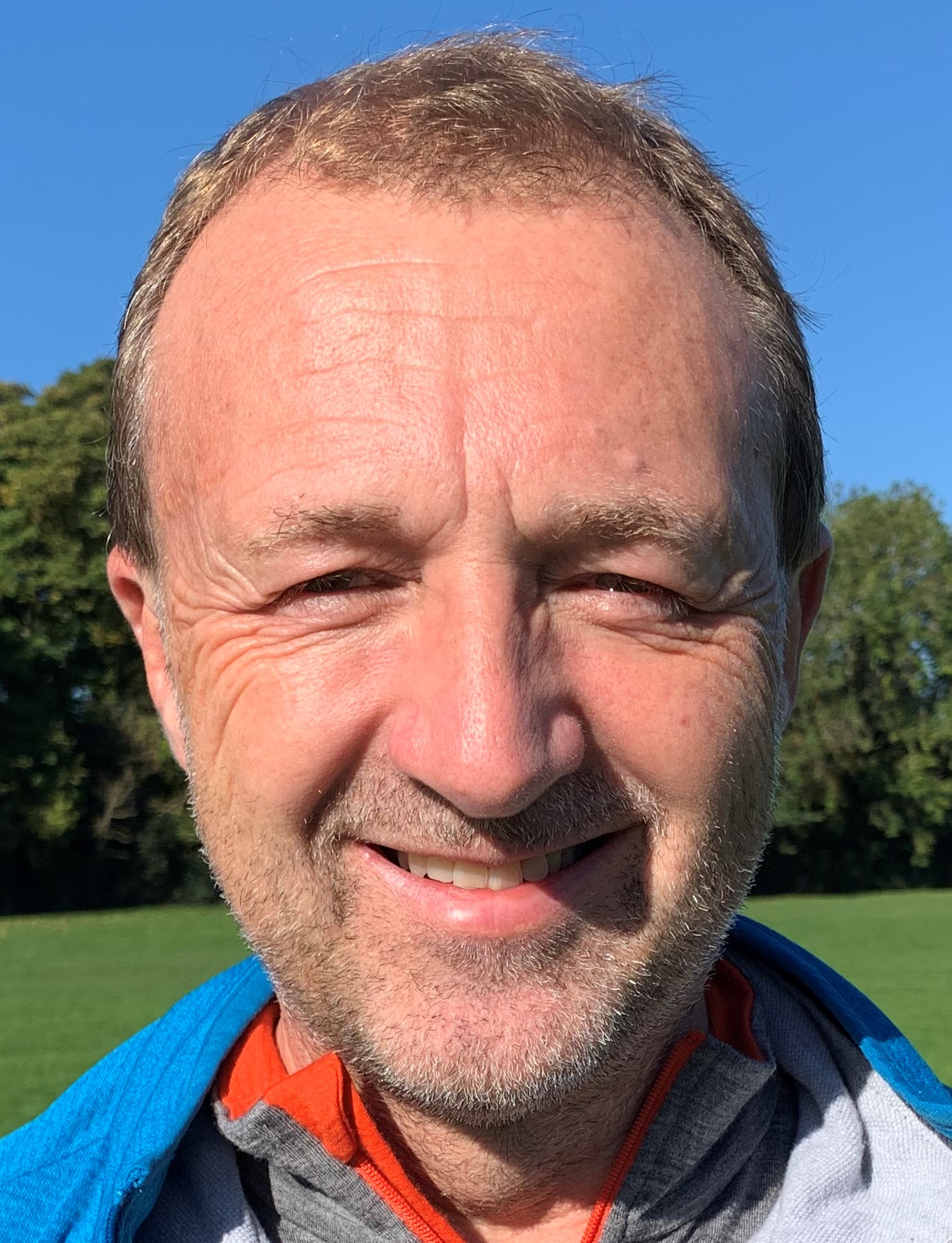
Multidisciplinary therapy development for rare diseases: the example of Pulmonary Arterial Hypertension
Bianca Tan, AOP Orphan Pharmaceuticals, and Ralf Lenhard, OrphaCare.
Abstract
Pulmonary arterial hypertension (PAH) is a rare, progressive disorder characterized by high blood pressure in the arteries of the lungs, leading to significant morbidity and mortality. Developing effective therapies for PAH poses unique challenges, necessitating a multidisciplinary approach that spans pharmaceutical clinical development, medical device innovation, and comprehensive patient care. This talk, presented by Bianca Tan from the pharmaceutical clinical development sector and Ralf Lenhard specializing in device development and care services, will highlight the collaborative efforts between OrphaCare, AOP Health, and third-party clinical centers to advance treatment options for PAH.
We will delve into the intricacies of developing a multidisciplinary therapy for PAH, illustrating how pharmaceutical and medical device innovations can be seamlessly integrated with patient care services to improve outcomes. The presentation will cover the strategic planning, execution, and outcomes of recent clinical trials focused on PAH, demonstrating the critical role of collaboration among various stakeholders in overcoming the complexities associated with rare disease therapy development.
Key aspects of our discussion will include an overview of the current landscape of PAH treatment, the innovative methodologies employed in drug and device development, and the implementation of patient-centered care models. We will showcase how OrphaCare and AOP Health’s partnership, supported by a network of clinical centers, has led to significant advancements in PAH therapy, underscoring the importance of interdisciplinary collaboration in addressing the needs of patients with rare diseases.
Attendees will gain insights into the challenges and triumphs of developing therapies for rare conditions like PAH, emphasizing the potential for multidisciplinary approaches to revolutionize patient care and treatment efficacy. Through this talk, we aim to inspire further collaboration and innovation in the field of rare disease treatment, setting a precedent for future endeavors in the realm of pulmonary arterial hypertension and beyond.
Bios
Bianca Tan is Therapeutic Area Director for Cardiology and Pulmonology at AOP Orphan Pharmaceuticals GmbH, Vienna.
Her career started in 2001, and she joined AOP Health 2006, where she moved into leadership roles, significantly contributing to clinical operations and medical device development at AOP Orphan. Her expertise spans strategic planning, risk assessment, and navigating regulatory landscapes.
Bianca Tan’s role in clinical trials management includes the oversight of study documents, trial management, and adherence to ICH GCP guidelines. She also has a strong background in medical device development, from clinical evaluations to interface design.
With a Master’s in Health Care Management from Donau-University Krems and a Bachelor’s in Pharmaceutical Consultancy & Marketing from IHK Munich, her educational background has supported her professional journey. Her dedication to advancing clinical research and medical device innovation showcases her ability to improve patient care through a pragmatic and focused approach in the pharmaceutical industry.
Ralf Lenhard is a distinguished professional in the pharmaceutical and healthcare industry, currently holding the position of Managing Director at OrphaCare since 2018. His career began with medical studies at the University of Graz, Austria. Transitioning to the pharmaceutical industry, he spent over ten years at Wyeth – Lederle Pharma GmbH in Vienna, moving up from Sales Representative to Product Manager for Anti-infectives & Vaccines. Later, at AOP Orphan, he led as Country Manager and Business Unit Director for 12 years, focusing on rare diseases and orphan drugs in the fields of Hematology, Cardiology and Pulmonology. At OrphaCare he has been pivotal in driving growth and innovation in care for patients with rare diseases with a dedication to improving patient outcomes.
Session 5 – Advanced clinical research capabilities
Join our panel discussion as we unravel the secrets behind achieving the levels of excellence demonstrated throughout the day. Explore what it truly takes to reach these remarkable standards.
Markus Müller. Rector, Medical University Vienna
Bio
Markus Müller underwent specialized training in internal medicine at Vienna General Hospital from 1993 to 2000. During this time, he spent a year as a visiting researcher at the Laboratory for Diabetes Research in Gothenburg in 1995 and served as a guest professor at the University of Florida from 2000 to 2001. In 2004, he became a full professor and assumed leadership of the department of clinical pharmacology at the Medical University of Vienna. Dr. Müller has contributed significantly to research, with around 200 publications, including in prestigious journals like the New England Journal of Medicine. Since 2015, he has been serving as Rector of the Medical University of Vienna.
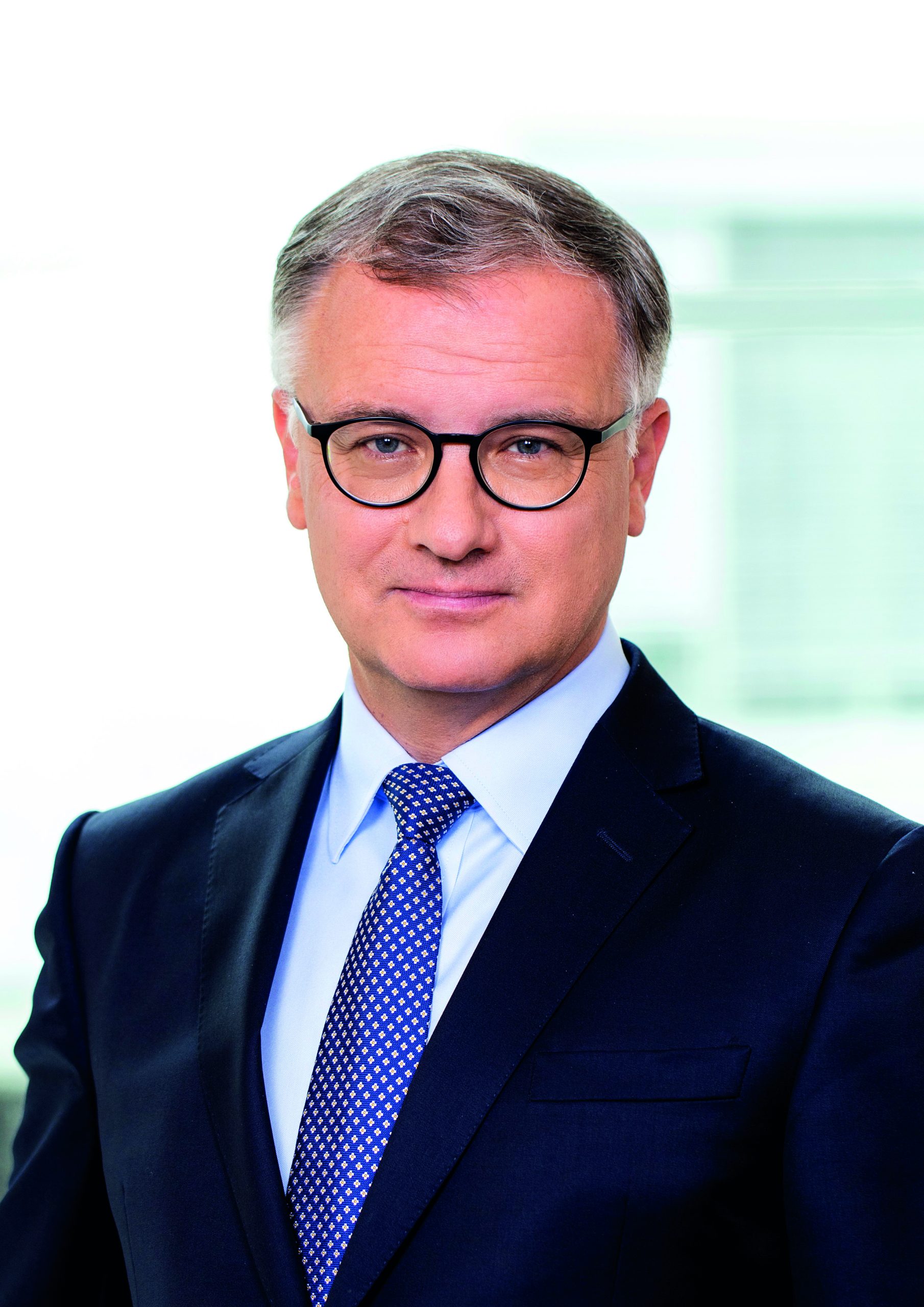
Freyja-Maria Smolle-Jüttner. President, Ludwig Boltzmann Gesellschaft
Bio
Freyja-Maria Smolle-Jüttner studied medicine at the University of Graz and subsequently completed her specialist training in surgery. She habilitated in surgery with a special focus on thoracic surgery and hyperbaric surgery. She heads the Clinical Department of Thoracic and Hyperbaric Surgery at the Medical University of Graz. Smolle-Jüttner has been President of the Ludwig Boltzmann Gesellschaft since 2020.
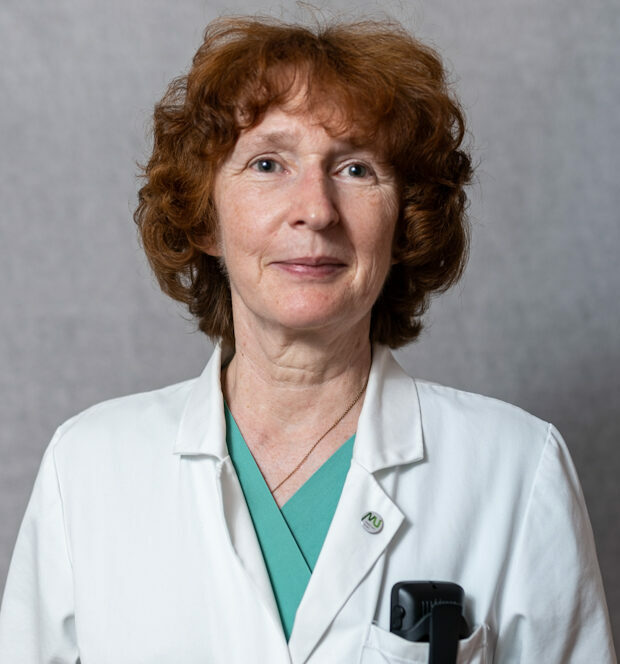
Ghazaleh Gouya Lechner. Director, Gouya Insights Clinical Development
Bio
Ghazaleh Gouya-Lechner, founder of Gouya-Insights, leads clinical development for biotech, pharma, and medical device firms. With 20+ years‘ clinical research experience and triple board certifications in in internal medicine, cardiology, and clinical pharmacology, she optimizes strategies from molecule/ product discovery to market, driving successful project outcomes and regulatory approvals. Honored with the title of Associate Professor of Internal Medicine at the esteemed Medical University of Vienna, she later assumed the role of Medical Director at a global Contract Research Organization (CRO).
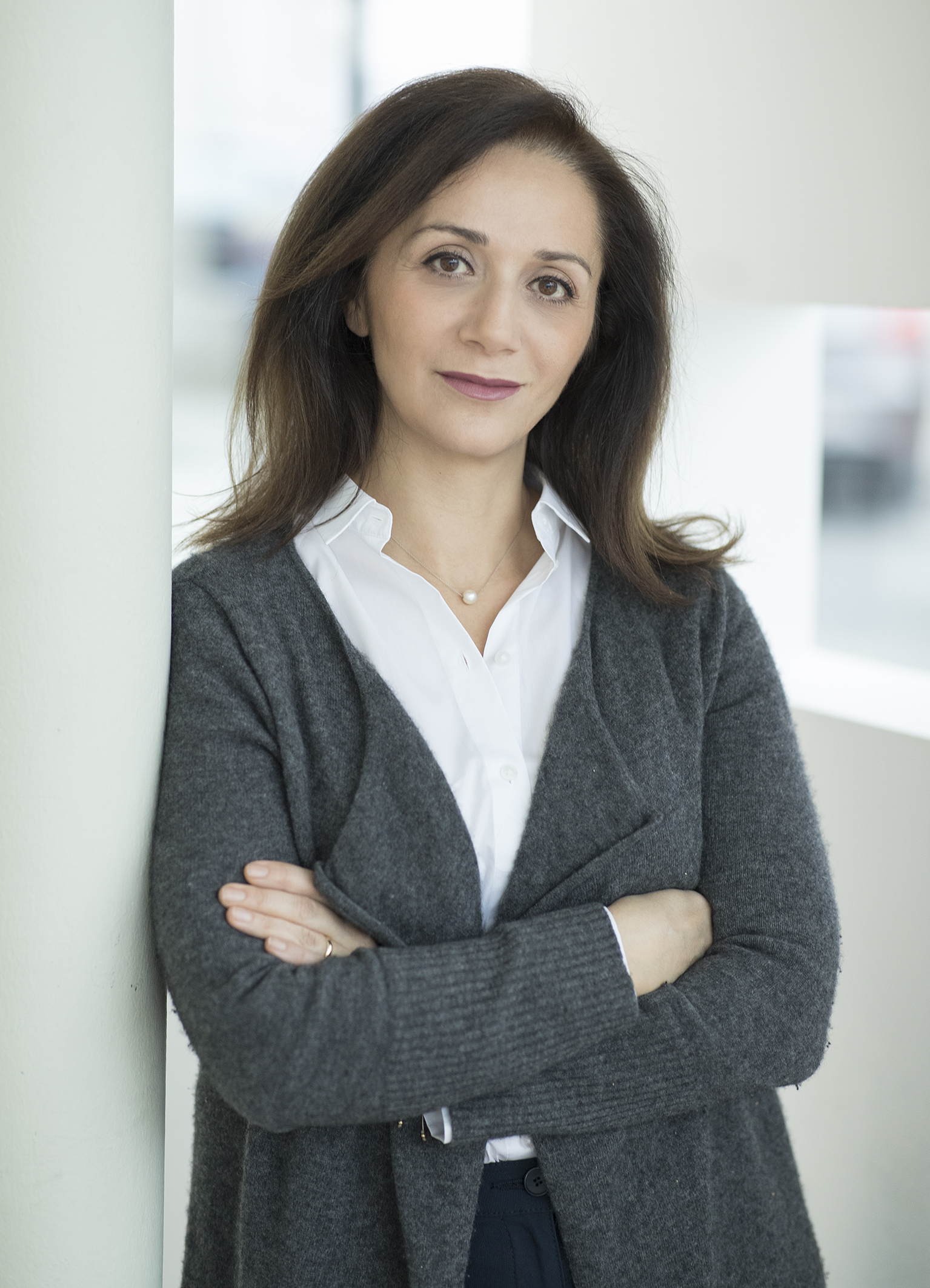
Dejan Baltic. Senior medical director, Amgen
Bio
With over 18 years of dedicated experience in the pharmaceutical sector, Dejan Baltic brings a wealth of expertise in areas such as people management, coaching, leadership of international teams, and fostering cross-functional collaborations within global corporations. His expertise spans diverse domains including Medical Affairs, Clinical Studies, Pharmacovigilance, Regulatory Affairs, Compliance, and Quality Assurance. Since 2011, he has been an integral part of Management Teams in Austrian branches of various companies, successfully overseeing teams of up to 25 individuals.
Furthermore, he acts as Deputy Chair of the Standing Committee „Clinical Research“ at Pharmig and Board member of the Austrian Society of Pharmaceutical Medicine (GPMed), alongside being a Certified Data Privacy Officer.
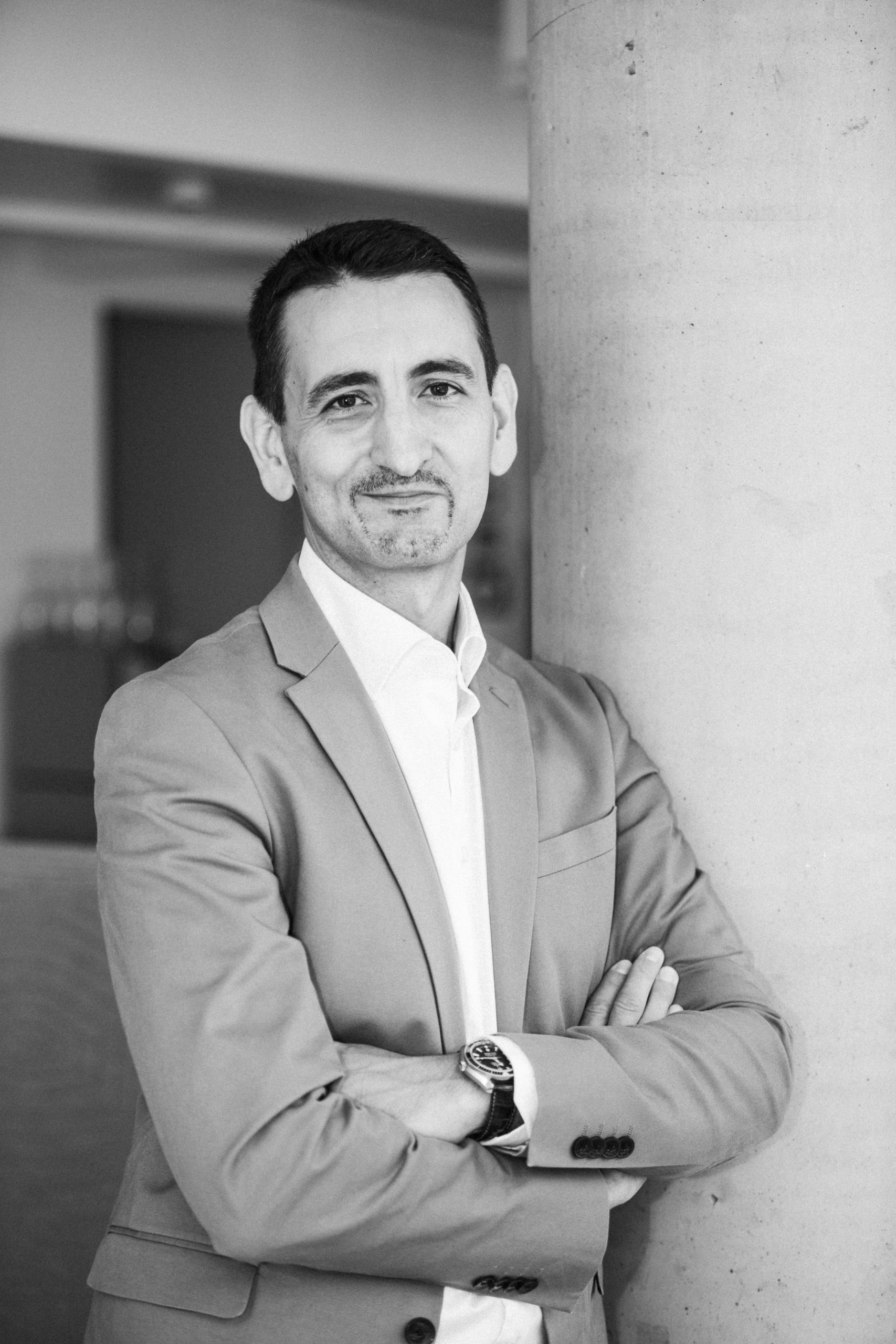
Sadaf Farooqi. Cambridge University
Bio
Ghazaleh Gouya-Lechner, founder of Gouya-Insights, leads clinical development for biotech, pharma, and medical device firms. With 20+ years‘ clinical research experience and triple board certifications in in internal medicine, cardiology, and clinical pharmacology, she optimizes strategies from molecule/ product discovery to market, driving successful project outcomes and regulatory approvals. Honored with the title of Associate Professor of Internal Medicine at the esteemed Medical University of Vienna, she later assumed the role of Medical Director at a global Contract Research Organization (CRO).

Sabine Embacher-Aichhorn. Head of Competence Center Clinical Trials, Medical University Innsbruck
Bio
Sabine Embacher-Aichhorn started her journey in Clinical Research in the pharmaceutical industry and enjoyed being formed as a manager while learning Clinical Operations from scratch in an era of industrial expansion and emerging regulations acting together to lift Clinical Research to today’s level.
In 2006 Sabine Embacher-Aichhorn joined the Medical University of Innsbruck and built step-by-step a service offer for clinical research scientists that spans the entire scientific value chain: from planning a trial, organizing the resources needed, study execution with all operational aspects to reporting and dissemination of results, managing alliance partners. Since then the Competence Center for Clinical Trials (KKS), where initially Sabine covered all service offers alone, grew to today’s headcount of more than 50 specialists. The Medical University of Innsbruck’s “in-house CRO” now covers academia-driven trials on cutting edge research questions as well as the contribution to large industry-sponsored global clinical trials of ultra-high commercial value. Years of experience with hundreds of trials enable professional services to research work with medicinal products of all kinds but also medical devices of all types. The level of involvement with trials spans from advice to provision of temporary team resources for study conduct such as study coordinators that assist investigators executing trial, project management or specialized services e.g. negotiating study budgets with external sponsors on behalf of principal investigators, contract management. Sabine Embacher-Aichhorn looks at a 18 years performance history of the Competence Center for Clinical Trials at the Medical University of Innsbruck.
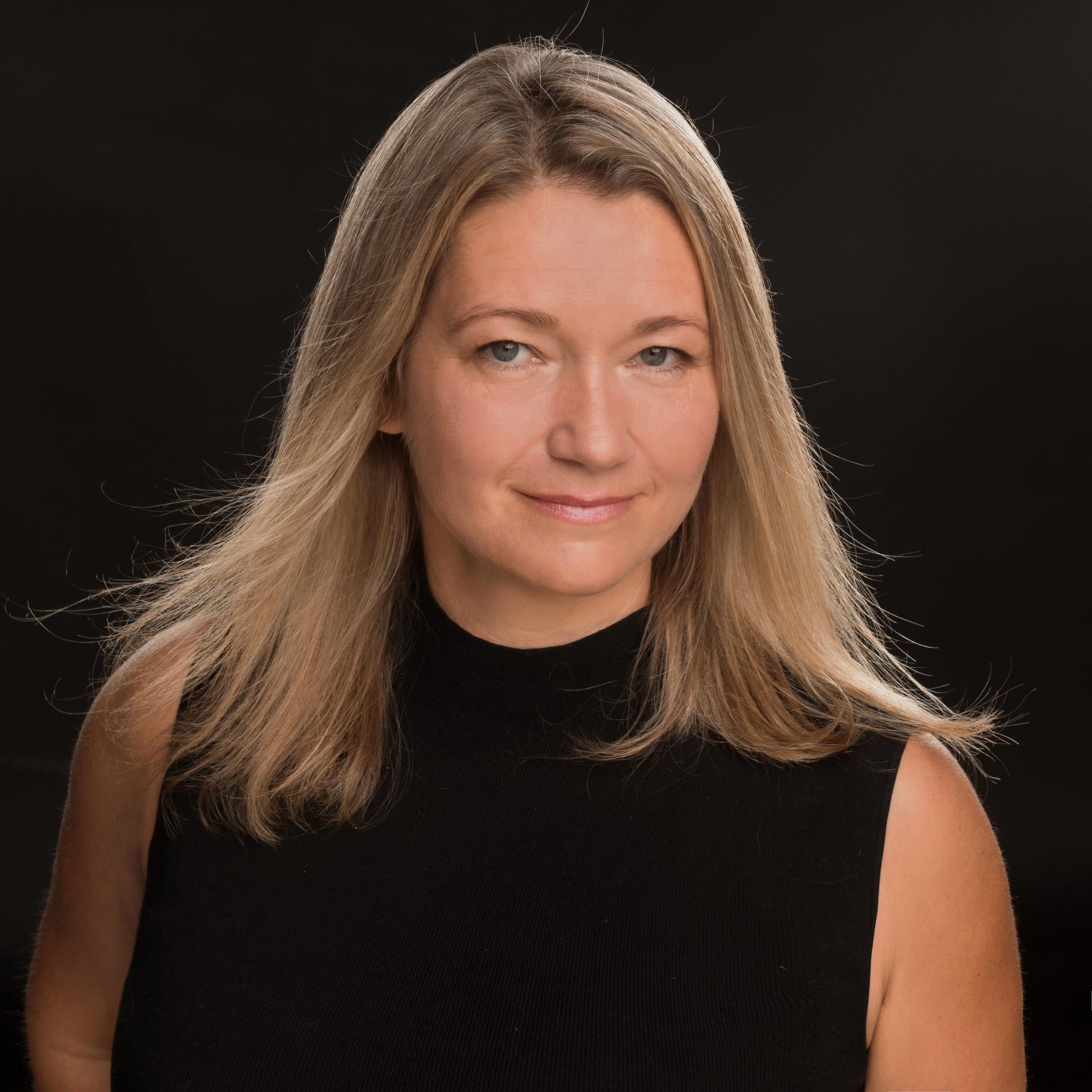
Open stage for innovative ideas
Share your idea for a project, product or service, opportunity, campaign, event or concept on our main stage.
A tool to see the invisible in a wound
Nadja Ring, postdoc at the transdisciplinary “LBG Research Group SHoW – Senescence and Healing of Wounds”
Pitch
Phosphorylation of the ribosomal protein S6 occurs immediately upon wounding and lasts until the wound is healed. The zone envelops the injury, including all of its wound responses (vascularisation, cell growth, etc.) and is highly conserved, even beyond mammals. The zone represents a promising clinical and diagnostic tool to visualize tissue repair dynamics, guide debridement decisions and provide insights into when wounds cease healing.
Bio
Dr. Nadja Ring is a postdoc at the transdisciplinary “LBG Research Group SHoW – Senescence and Healing of Wounds” under the leadership of Mikolaj Ogrodnik and the directors Prof. Heinz Redl and Dr. Raffael Himmelsbach. Her research is focused on the study of wounds and diseases in vitro and in vivo, both from a translational and a basic biology viewpoint. During my PhD she performed high-throughput screenings of small RNA molecules to investigate the process of cellular senescence in vitro and in vivo using models of aging and wounding. Later work was focused on studying disease models in vitro, to identify therapeutic molecules to counteract uterine fibrosis and lung fibrosis. Working in Vienna, Dr. Ring turned her focus towards wounds, studying immediate signaling pathways occurring during wounding of the skin. Her recent publication, detailing the identification of a global wound healing marker, the p-rpS6-zone, was published last year with Developmental Cell.

Revolutionizing Clinical Psychology through Big Team Science
Ekaterina Pronizius, research psychologist affiliated with the University of Vienna, Austria, and UCLouvain, Belgium
Pitch
Big Team Science (BTS) is founded on the belief that through collective effort, researchers can address complex problems with greater power and expertise. In the clinical domain, BTS encounters challenges that surpass those typically faced in small-team science or BTS focusing on healthy individuals. Despite this, BTS in clinical psychology holds the potential to foster collaboration, drive innovation, and produce knowledge that advances both science and the lives of communities.
Bio
Dr. Pronizius is a research psychologist affiliated with the University of Vienna, Austria, and UCLouvain, Belgium. In her work, Dr. Pronizius adopts a multidisciplinary and multimethod approach to investigate social dynamics, emotional experiences, and mental well-being. Currently, she leads a multi-center study on investigating social cognition in borderline personality disorder across multiple clinical sites (Belgium, Germany, Czech Republic, UK, and USA). Furthermore, she contributes to studies exploring psychological phenomena across various cultural contexts and strongly advocates for open and rigorous science. Website: https://pronizius.com/

Label your imaging research data with MVA.ai – Medical Volume Annotator
René Donner, Founder MVA.ai – Medical Volume Annotator
Pitch
- On-Premise Web Platform for Medical Image Annotation
- Annotation and labeling for the development of AI models as well as non‑AI research projects
- Collaboration between stakeholders – medical experts, AI researchers, annotators, reviewers, project leads …
- Data privacy requirements – MVAI.ai runs entirely on-site, no data leaves your institution
Bio
- Background in Electrical Engineering / TU Wien
- 10 Years Researcher in Medical Computer Vision / AI at MUW
- Co-Founder and 5 Years CTO of spin-off contextflow GmbH – AI solutions for Lung CT analysis
- Founder MVA.ai – Medical Volume Annotator
Characterization of the developing bone
Ruth Zöhrer, Michael Ogon Laboratory, Orthopaedic Hospital Speising, Vienna.
Pitch
Determination of the bone mineralization patterns in children using advanced cross-disciplinary biophysical approaches such as Backscattered Scanning Electron Microscopy and Time-of-Flight-Secondary-Ion-Mass-Spectroscopy.
Bio
Ruth Zöhrer is responsible for the coordination of analytical approaches to study bone tissue at all hierarchical levels to decipher the bone mineral density distribution, elucidate the organic components of the bone tissue, investigate the mineral and collagen matrix but also explore the tissue’s nano-mechanical properties.
